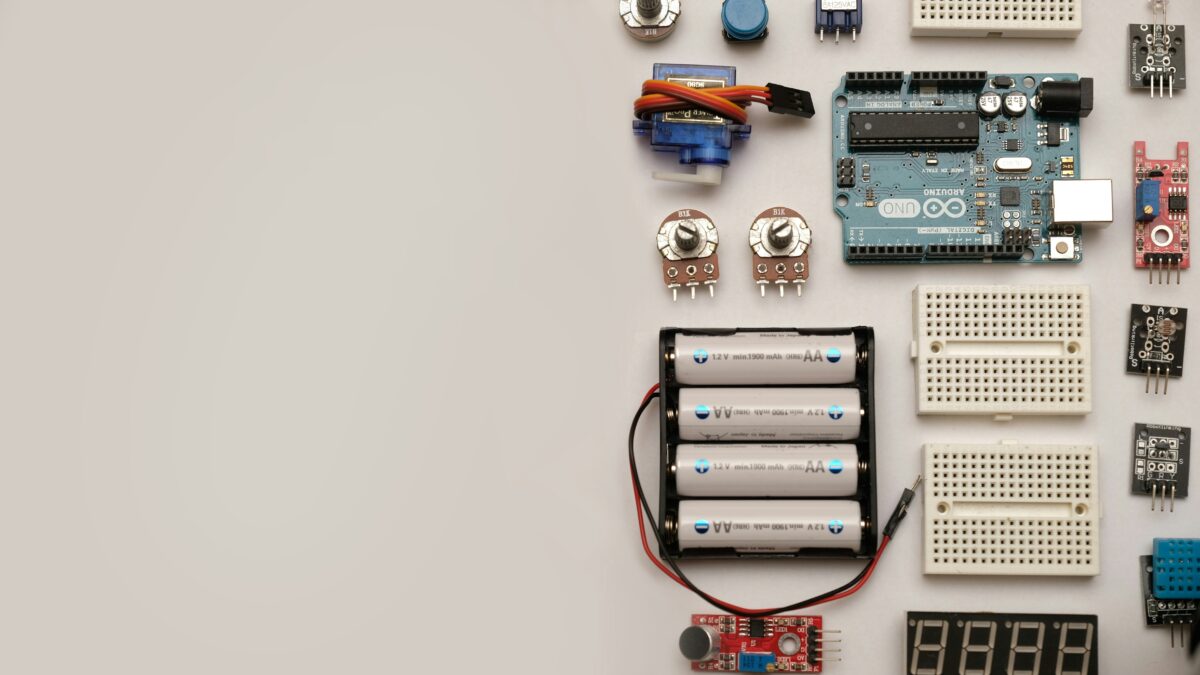Smoke detectors are essential safety devices in every home, offering the first line of defense against potentially fatal fires. One of the key components that keep these devices functioning properly is the battery, with the 9V battery being among the most commonly used. If you’ve ever found yourself wondering how long a 9V battery lasts in a smoke detector, you’re not alone. In this ultimate guide, we break down everything you need to know from lifespan and signs of battery failure to tips on maximizing battery life.
What Is a 9V Battery?
Before diving into how long it lasts, let’s understand what a 9V battery is. The 9V (9-volt) battery is a compact rectangular battery often used in small household electronics like smoke detectors, alarm clocks, walkie-talkies, and remote-control toys. These batteries come in two major variants:
- Alkaline: Common and inexpensive
- Lithium: Longer-lasting and more reliable
Why 9V Batteries Are Used in Smoke Detectors
Smoke detectors typically use 9V batteries because they provide a sufficient voltage level to power the device’s sensor and alarm system. These batteries are small, easy to replace, and capable of delivering consistent energy. Some models even use them as a backup for hardwired smoke detectors, ensuring the alarm still functions during a power outage.
How Long Does a 9V Battery Last in a Smoke Detector?
1. Alkaline 9V Batteries
- Average lifespan: 6 months to 1 year
- Ideal for: Short-term usage or budget-friendly setups
- Drawback: May drain quicker in cold conditions or in older smoke detectors
2. Lithium 9V Batteries
- Average lifespan: 5 to 10 years
- Ideal for: Long-term reliability and hard-to-reach detectors
- Benefit: More stable voltage output over time
Note: Battery life can also depend on the brand, battery quality, and how frequently the detector is tested.
Factors That Affect Battery Life
While the type of battery plays a major role, several other factors influence how long your 9V battery will last in a smoke detector:
1. Temperature and Environment
- Batteries perform poorly in extreme temperatures.
- High humidity or dusty environments can also impact battery drainage.
2. Detector Age
- Older smoke detectors may draw more power due to aging internal components.
- Dust or damage can cause false alarms, which drain the battery faster.
3. Frequency of Testing
- Regularly testing your smoke detector (which you should do!) uses battery power.
- Frequent false alarms or sensor checks can reduce battery life.
Signs That Your 9V Battery Needs Replacing
Not sure when to replace the battery? Here are the common warning signs:
1. Chirping Sound
- A repetitive beep every 30–60 seconds usually indicates a low battery.
2. Dim or No LED Light
- Most detectors have a blinking red light to show they are powered.
- If it stops blinking, your battery may be dead.
3. Failure During Test
- Pressing the test button should trigger a loud alarm.
- If it’s faint or doesn’t sound, the battery may be weak.
How Often Should You Replace 9V Batteries?
General Rule of Thumb:
- Alkaline: Replace every 6 to 12 months
- Lithium: Replace every 5 to 10 years, or as per the manufacturer’s instructions
Pro Tip:
Mark the replacement date on the battery with a permanent marker. This helps you keep track without second-guessing.
How to Replace a 9V Battery in a Smoke Detector
Follow these simple steps:
Turn off the power if it’s a hardwired detector.
Twist the detector counterclockwise to remove it from the mounting bracket.
Open the battery compartment (usually at the back).
Remove the old battery and insert a new one, ensuring correct polarity.
Test the unit using the “Test” button.
Remount the detector to the ceiling or wall bracket.
Tips to Extend the Battery Life
Maximize your 9V battery’s potential with these simple practices:
- Use lithium batteries for better longevity.
- Vacuum around the detector every few months to reduce dust buildup.
- Avoid excessive testing unless needed.
- Keep detectors away from kitchens and bathrooms to reduce false alarms.
- Replace detectors every 10 years even if they still appear to work.
Are There Alternatives to 9V Battery-Powered Detectors?
Yes, technology has evolved. Here are some modern options:
1. Hardwired Detectors with Backup Battery
- Connected to the home’s electrical system
- Use a 9V battery as a backup during power outages
2. Sealed Lithium Battery Detectors
- Non-replaceable battery sealed inside the unit
- Lasts up to 10 years
- Once the battery is depleted, the entire unit is replaced
3. Smart Smoke Detectors
- Send alerts to your smartphone
- Voice alerts and more functionality
- Often use lithium batteries or rechargeable systems
Common Myths About 9V Battery in Smoke Detectors
Let’s bust a few:
Myth 1: If the light is on, the battery is fine.
- Fact: The light only shows power but doesn’t reflect battery health.
Myth 2: You only need to replace the battery when it chirps.
- Fact: By the time it chirps, the battery is already critically low.
Myth 3: All 9V batteries are the same.
- Fact: Brands differ significantly in performance and reliability.
Conclusion
A working smoke detector can save lives, but only if its battery is healthy. Understanding how long a 9V battery lasts in a smoke detector is crucial to maintaining home safety. While alkaline batteries are affordable and common, lithium batteries offer longer life and peace of mind. Regular testing, timely replacement, and choosing quality batteries are key practices to ensure your smoke detector functions when you need it the most.
Don’t wait for the chirp. Make battery replacement part of your routine. A few minutes once or twice a year can make all the difference in an emergency.
